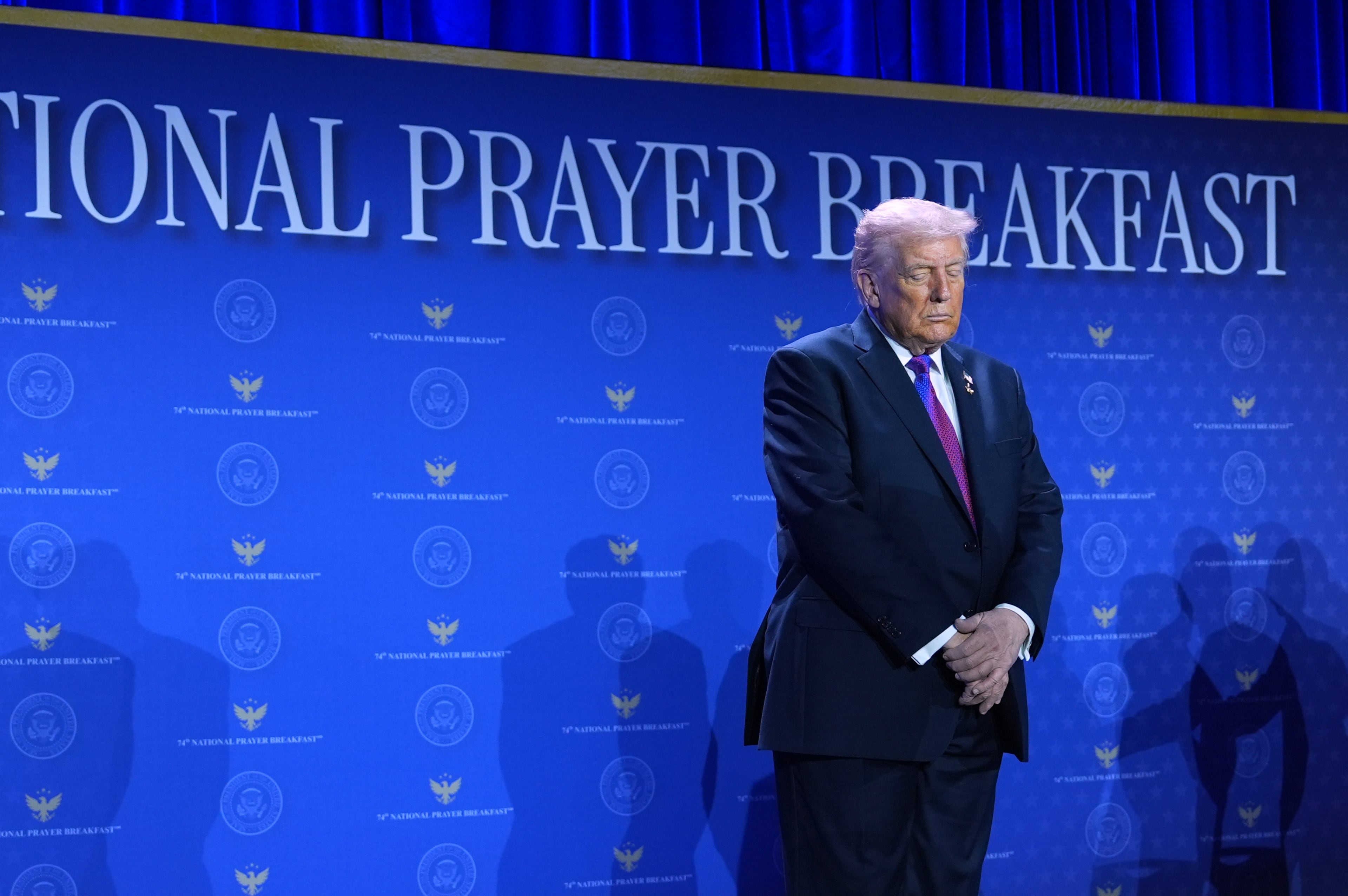Group founded by Stacey Abrams settles campaign finance complaint

A voting rights group founded by prominent Georgia Democrat Stacey Abrams appears to have settled a complaint that it spent money on her unsuccessful 2018 gubernatorial campaign without properly disclosing it.
On Wednesday, the State Ethics Commission will consider a consent order in its long-standing case against the New Georgia Project and an affiliated group, the New Georgia Project Action Fund. The details of the settlement won’t be released until after the board approves it. But a consent order generally requires parties to admit they broke the law as alleged by the commission.
On Thursday, Executive Secretary David Emadi said he could not comment on the details of the settlement until the commission approves it.
“We’ll have plenty to say at the public hearing next Wednesday,” Emadi said.
Representatives of the New Georgia Project did not immediately respond to requests for comment.
Emadi launched a probe of several nonprofit groups after Gov. Brian Kemp appointed him to lead the ethics commission in 2019. The investigation focused on whether Abrams’ campaign illegally coordinated its efforts with the nonprofits supporting her bid for governor. Georgia law prohibits independent groups from coordinating with candidates.
When he was appointed, The Atlanta Journal-Constitution reported that Emadi had donated to Kemp’s campaign, and Abrams’ allies called the investigation a politically motivated fishing expedition.
Emadi has denied any political motivation and said the investigation was conducted in a “fair and impartial manner.”
The case played out in courts and in the ethics commission.
In 2020, the commission fined one of the groups, Gente-4Abrams (People for Abrams), $50,000 for failing to report money it had spent to help Abrams’ campaign.
In 2022, the commission found probable cause to believe the New Georgia Project and the New Georgia Project Action Fund, raised and spent millions of dollars to back Abrams’ unsuccessful 2018 bid for governor without disclosing it. It said the groups hired canvassers, distributed literature, promoted Abrams and other candidates and solicited contributions.
The commission said the groups should have registered as an independent political committee and disclosed the money.
Lawyers for the groups argued the money was not earmarked for political activity and was used for operating expenses.


